Casamance – Rice Harvest Tour
As a chef who specializes in Southern food, it’s especially satisfying to visit the regions where those dishes originated. Italian chefs love to visit








Each year, thousands of Africans in the Diaspora from the Americas to Europe make the decision to trace their ancestral roots by DNA. For some, it’s difficult and emotional while for others, it serves as a final destination from the journey traveled hundreds of years ago by their ancestors. Finally, they are now able to put closure to the question of “who am I” and “where did I come from?”20020
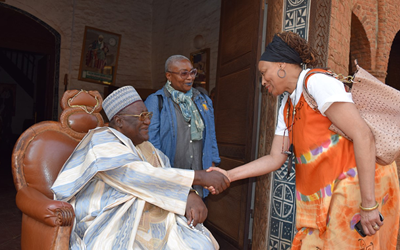
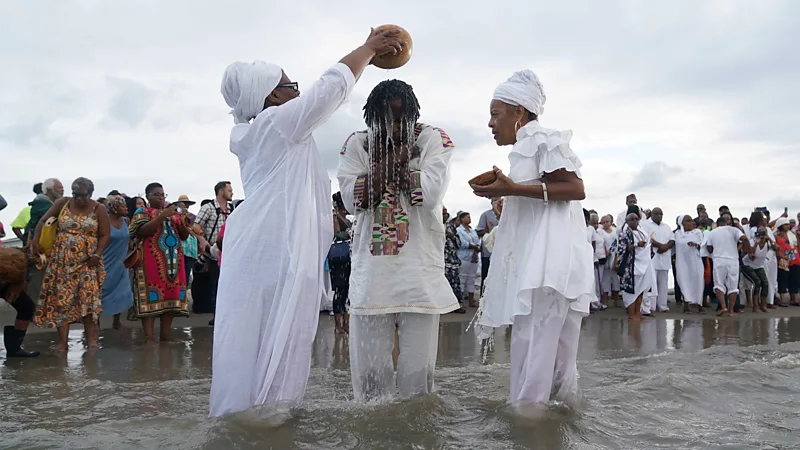
Forty years after receiving an anonymous tip, one man has been working to rewrite Black history to show where and how the first Africans arrived in the British Colonies.
Standing in a gazebo at Fort Monroe National Monument, a former military base in Hampton, Virginia, Calvin Pearson, founder of the non-profit Project 1619 Inc, debunked a long-held belief that the first Africans who arrived in the British Colonies lacked the knowledge needed to survive in the Americas.
Roots to Glory Tours is dedicated to returning the brothers and sisters in the Diaspora back to the African continent. Our focus is on the preservation of African history, culture, heritage and customs.
Walking in the communities, mingling with the locals, getting to know the people truly satisfies something deep in their souls, strikes a chord of ancestral memory and breeds a sense of oneness.
The Embassy Ancestral Re-Connection Program gives opportunities to Africans in the Diaspora who have taken their DNA test to familiarize themselves with the Diplomatic Mission which represents their country of origin.
Each year Roots to Glory Tours provides opportunities for those interested in reclaiming their birthright and traditional names from the country of their ancestry.
As a chef who specializes in Southern food, it’s especially satisfying to visit the regions where those dishes originated. Italian chefs love to visit
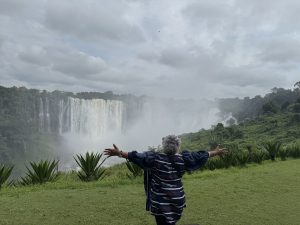
Angola was an unexpected treasure for me to explore. The vast landscapes of its provinces left me in awe, each corner of the country
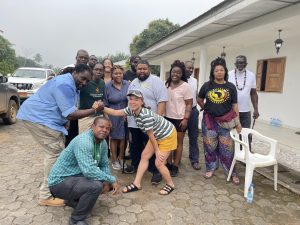
We embarked on a culinary pilgrimage to Cameroon in March 2023. We came, we ate, we cooked, we chilled, we talked, we cried we screamed
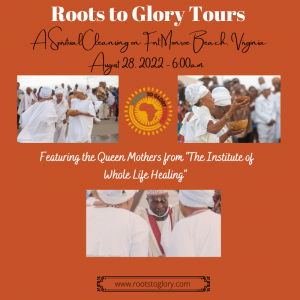
On August 28, 2022 at 6:00am, please join us on Fort Monroe Beach, Virginia which is the “Official” site of the landing of the first
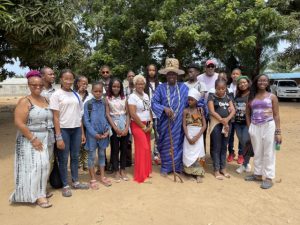
Students and Chaperones from Ward 7&8 of Washington DC traveled with Roots to Glory Tours to Benin Republic. In Benin we met their counterparts, seven

Muloma Heritage Center is working at the crossroads of culture, cuisine, sustainability, agriculture, and ecology. Based on 38 acres on historic St. Helena Island in
OF PORTO NOVO BENIN
2019 USA
